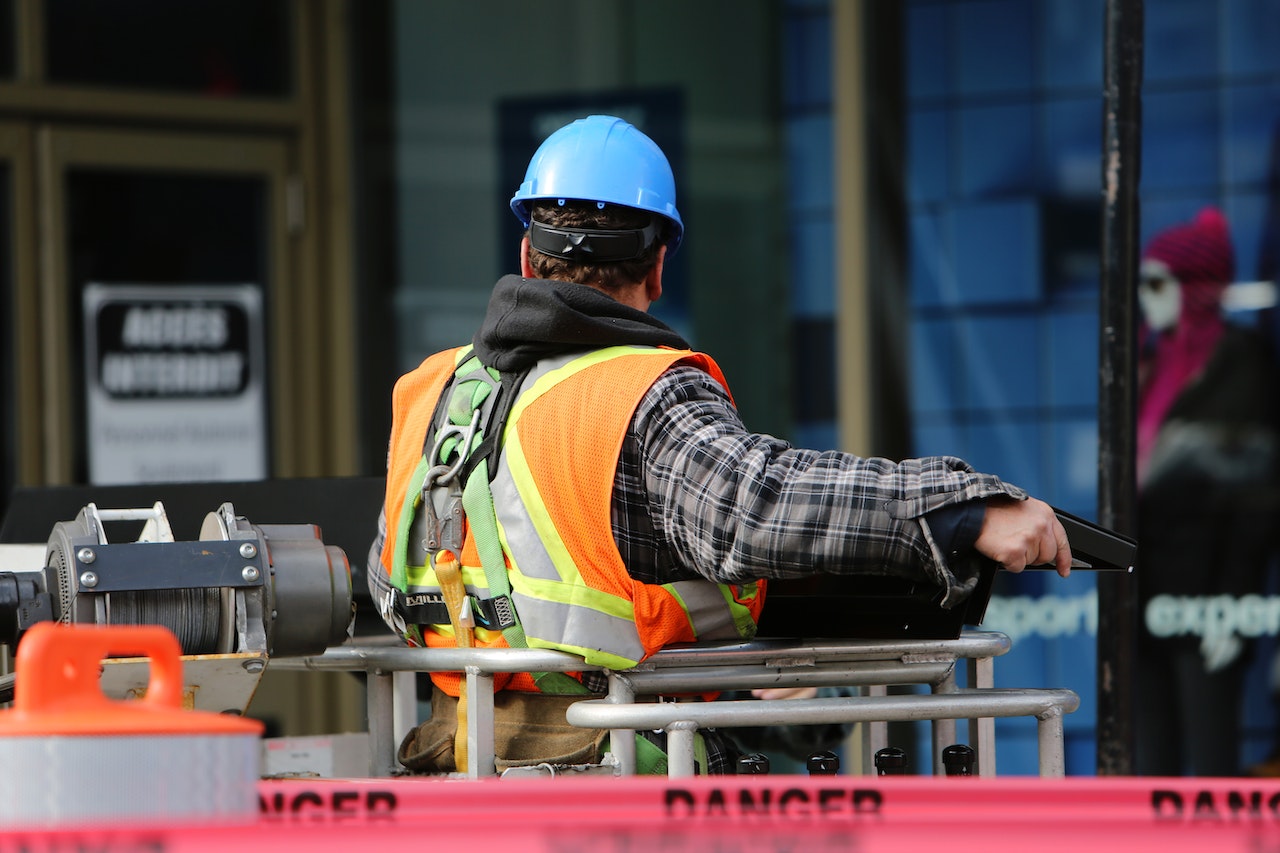Surety Bond Professionals is a family owned and operated bonding agency with over 30 years of experience. With access to a broad range of surety markets, our expert agents are ready to assist with all of your construction bond needs.
Behind the Headlines
In June 2022, two construction company employees in Arkansas lost their lives in a tragic workplace incident. The first worker entered a newly installed 20-foot-deep sewer manhole to perform a test and soon lost consciousness. A coworker attempted to rescue him but soon lost consciousness as well. Both workers later died from lack of oxygen in the confined space.
The following OSHA investigation found that the employer not only failed to obtain the permits required by federal law for the work. The company, which specializes in concrete and tunneling work and wastewater pipe construction, also did not test the oxygen level before sending a worker into the manhole. With proper pre-entry planning, the lack of oxygen and the resulting need for ventilation would have been detected through testing. Additionally, the employer had not trained its employees on the proper procedures for entering a confined space nor equipped them with rescue equipment.
The company was subsequently fined $287, 150 for six violations—six of them “serious” and two deemed “willful.”
According to data compiled by the Bureau of Labor Statistics, 1,030 workers lost their lives in confined space incidents from 2011 to 2018. Of those deaths, 61 occurred in sewers, manholes, and storm drains.
More than a Fine
The impact on the families of the two workers who died at only 28 and 29 years of age cannot be measured. And the impact on the company found responsible for their deaths is not limited to the monetary fine or the likely increase in workers’ compensation insurance premiums.
The reputational damage to a company after a preventable loss of life on a job site can jeopardize the company’s continued existence long after a fine has been paid. The company may have trouble attracting new workers. Fearing for their personal safety, jobseekers may look for employment elsewhere, and the company’s current workers may jump ship. And project owners have legitimate cause for concern about contracting with a company with a poor safety record.
Impact on Bonding Capacity
The greatest impact on a company found to be negligent in one or more incidents causing the death or injury of workers may be on how the company is viewed by construction surety bond underwriters. Underwriting is all about minimizing the risk to the surety—the company guaranteeing the payment of valid claims against a construction bond.
The surety’s underwriters perform a risk assessment of every company applying for a construction bond. The underwriters look specifically at the company’s financial strength and stability, credit history, industry experience, accounting practices, and other factors that can predict the likelihood of claims against the bond and the company’s ability to pay them.
Through this process, the surety sets a single job bonding limit—the maximum amount the surety will guarantee for a single project. That amount may be spread across multiple bonds required for the project, such as a bid bond, performance bond, payment bond, or maintenance bond.
The surety also will set an aggregate limit—the total amount the surety will guarantee for all of the contractor’s construction bonds. This is the company’s bonding capacity.
Why Is Bonding Capacity Important?
For contractors to grow their business, they need sufficient bonding capacity to allow them to take on more and bigger projects. It’s common for a company’s bonding capacity to increase over time as the company grows and can demonstrate its experience in completing construction projects successfully.
Serious workplace accidents, particularly preventable ones resulting in serious bodily injuries or fatalities, will bring questions to a contractor’s safety precautions and job site management practices. And that is likely to raise serious underwriting concerns about the company’s eligibility for bonding, particularly for performance bonds.
A performance bond is a contractor’s pledge to operate in a completely lawful and ethical manner and complete the particular job in accordance with the terms of the construction contract. In the event that the company defaults, the project owner could experience a considerable financial loss if it becomes necessary to bring in another company to finish the job. The terms of the surety bond legally obligate the original contractor to pay the project owner’s claim for damages.
A surety is very careful about evaluating bond applications. That’s because in guaranteeing a bond, the surety agrees to extend credit to the contractor if it’s needed in order to pay a valid claim. The main risk to the surety is that the principal will fail to repay the surety after the claim has been paid. So it’s understandable that a record of serious safety violations could be enough for a surety to deny a contractor’s bond application or severely restrict the company’s bonding capacity.
Call Us Today
Our surety bond professionals will help you grow your revenue by maximizing your surety capacity. Call us today!





